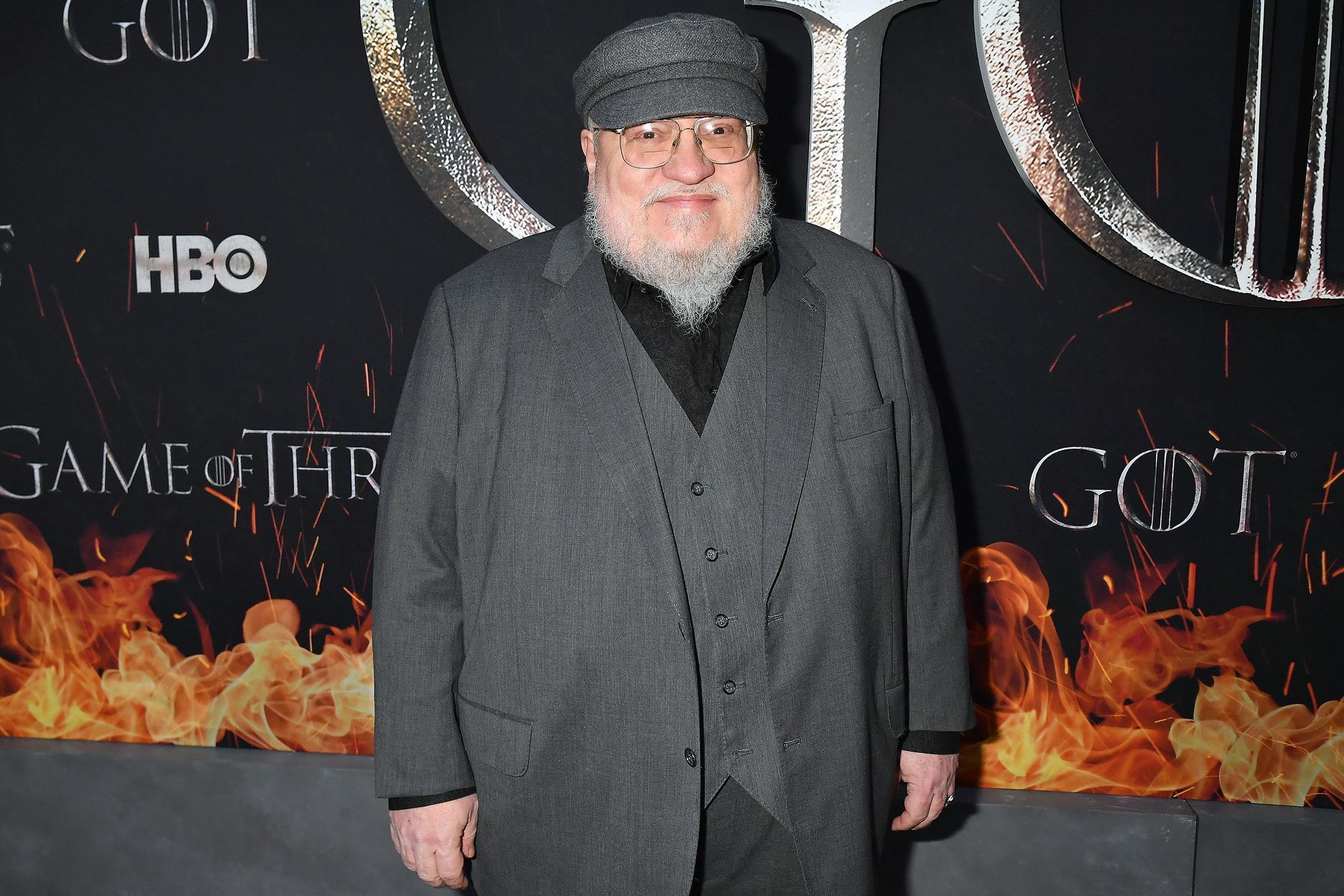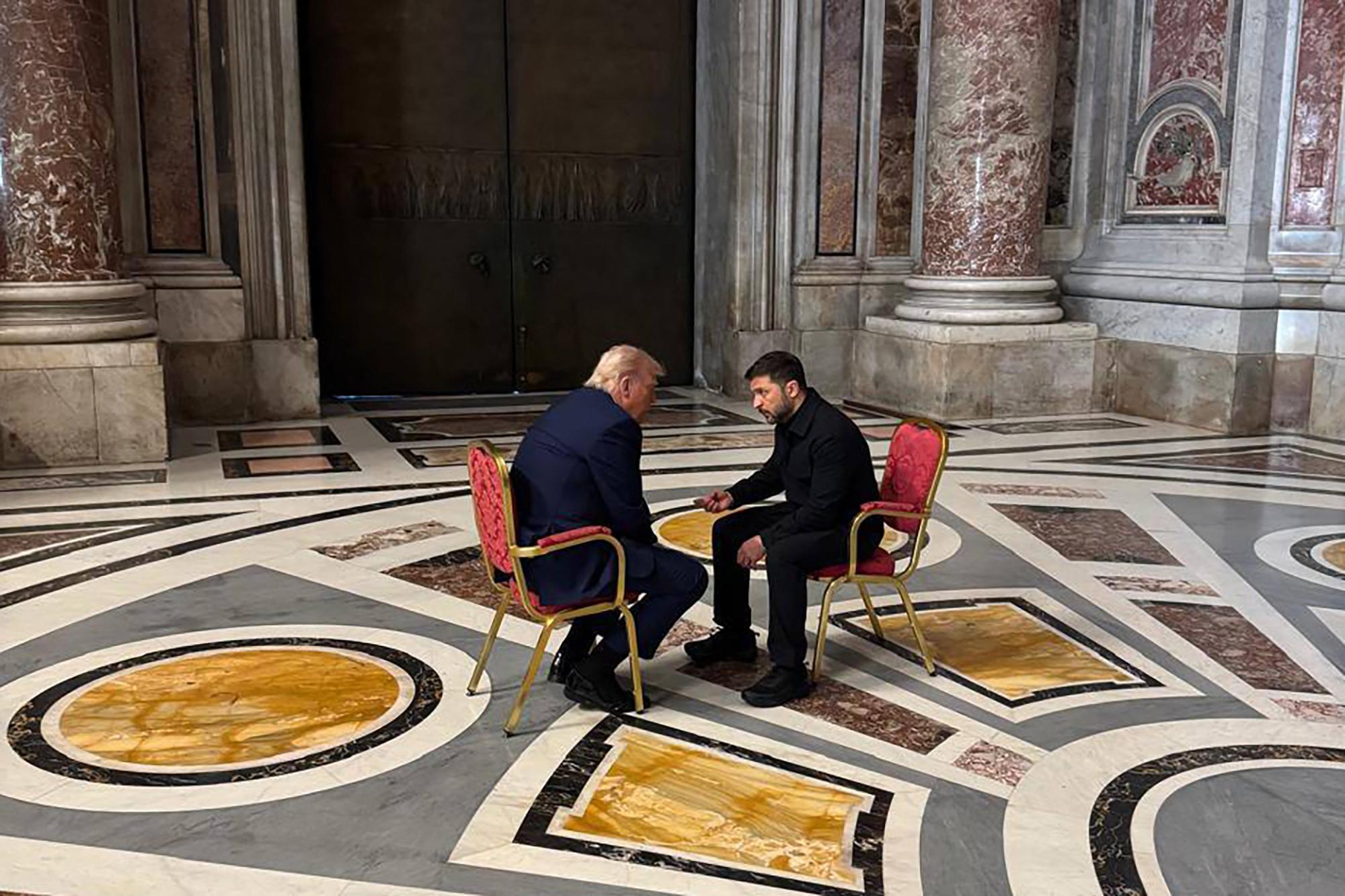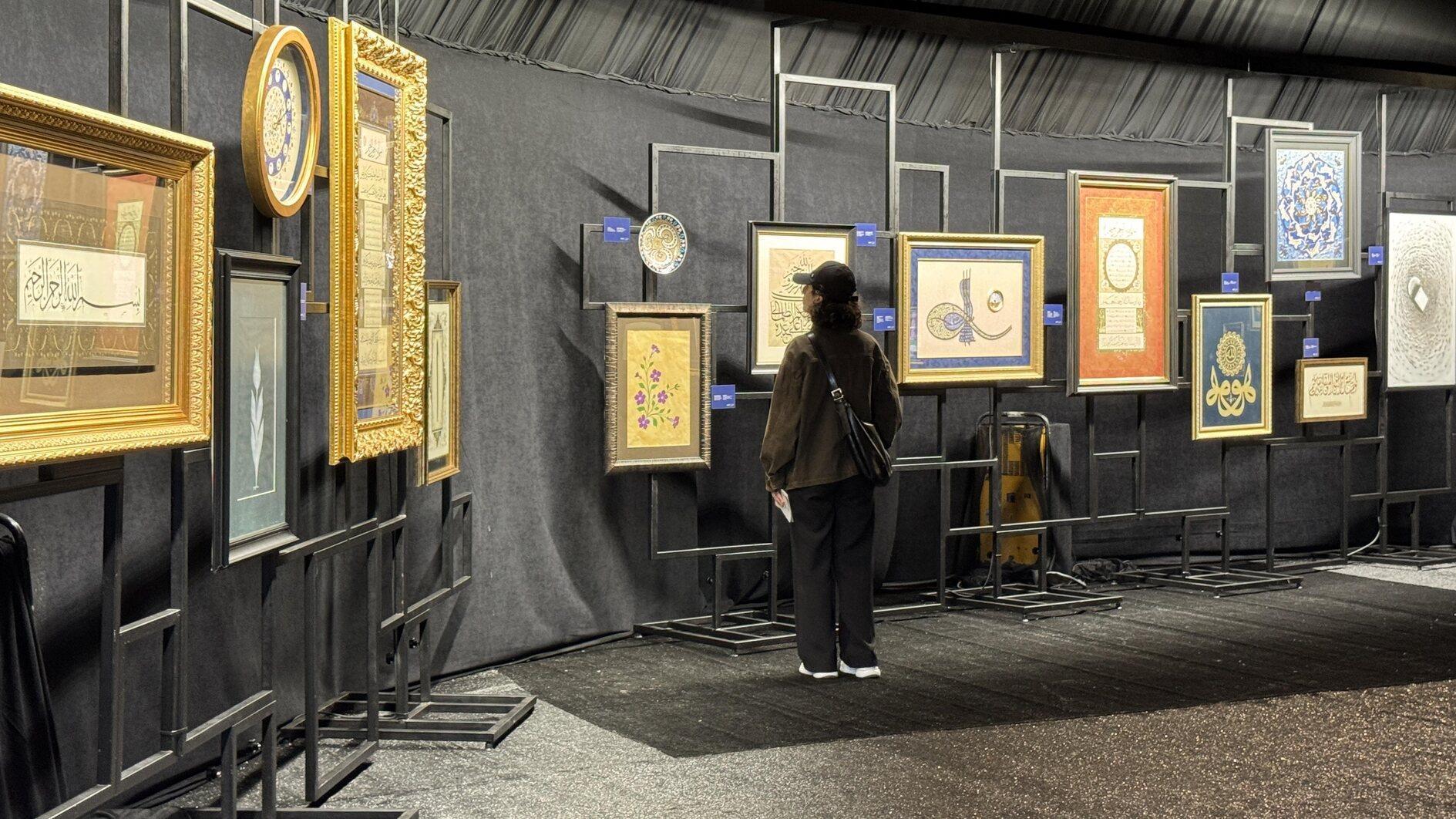Game of Thrones' creator and other authors sue OpenAI
NEW YORK

John Grisham, Jodi Picoult and George R.R. Martin are among 17 authors suing OpenAI for “systematic theft on a mass scale,” the latest in a wave of legal action by writers concerned that artificial intelligence programs are using their copyrighted works without permission.
In papers filed on Sept. 20 in federal court in New York, the authors alleged “flagrant and harmful infringements of plaintiffs’ registered copyrights” and called the ChatGPT program a “massive commercial enterprise” that is reliant upon “systematic theft on a mass scale.”
The suit was organized by the Authors Guild and also includes David Baldacci, Sylvia Day, Jonathan Franzen and Elin Hilderbrand among others.
“It is imperative that we stop this theft in its tracks or we will destroy our incredible literary culture, which feeds many other creative industries in the U.S.," Authors Guild CEO Mary Rasenberger said in a statement. “Great books are generally written by those who spend their careers and, indeed, their lives, learning and perfecting their crafts. To preserve our literature, authors must have the ability to control if and how their works are used by generative AI.”
The lawsuit cites specific ChatGPT searches for each author, such as one for Martin that alleges the program generated “an infringing, unauthorized, and detailed outline for a prequel" to “A Game of Thrones” that was titled “A Dawn of Direwolves” and used “the same characters from Martin’s existing books in the series “A Song of Ice and Fire.”
In a statement yesterday, an OpenAI spokesperson said that the company respects “the rights of writers and authors, and believe they should benefit from AI technology.
“We’re having productive conversations with many creators around the world, including the Authors Guild, and have been working cooperatively to understand and discuss their concerns about AI. We’re optimistic we will continue to find mutually beneficial ways to work together to help people utilize new technology in a rich content ecosystem,” the statement reads.
Earlier this month, a handful of authors that included Michael Chabon and David Henry Hwang sued OpenAI in San Francisco for “clear infringement of intellectual property.”
















